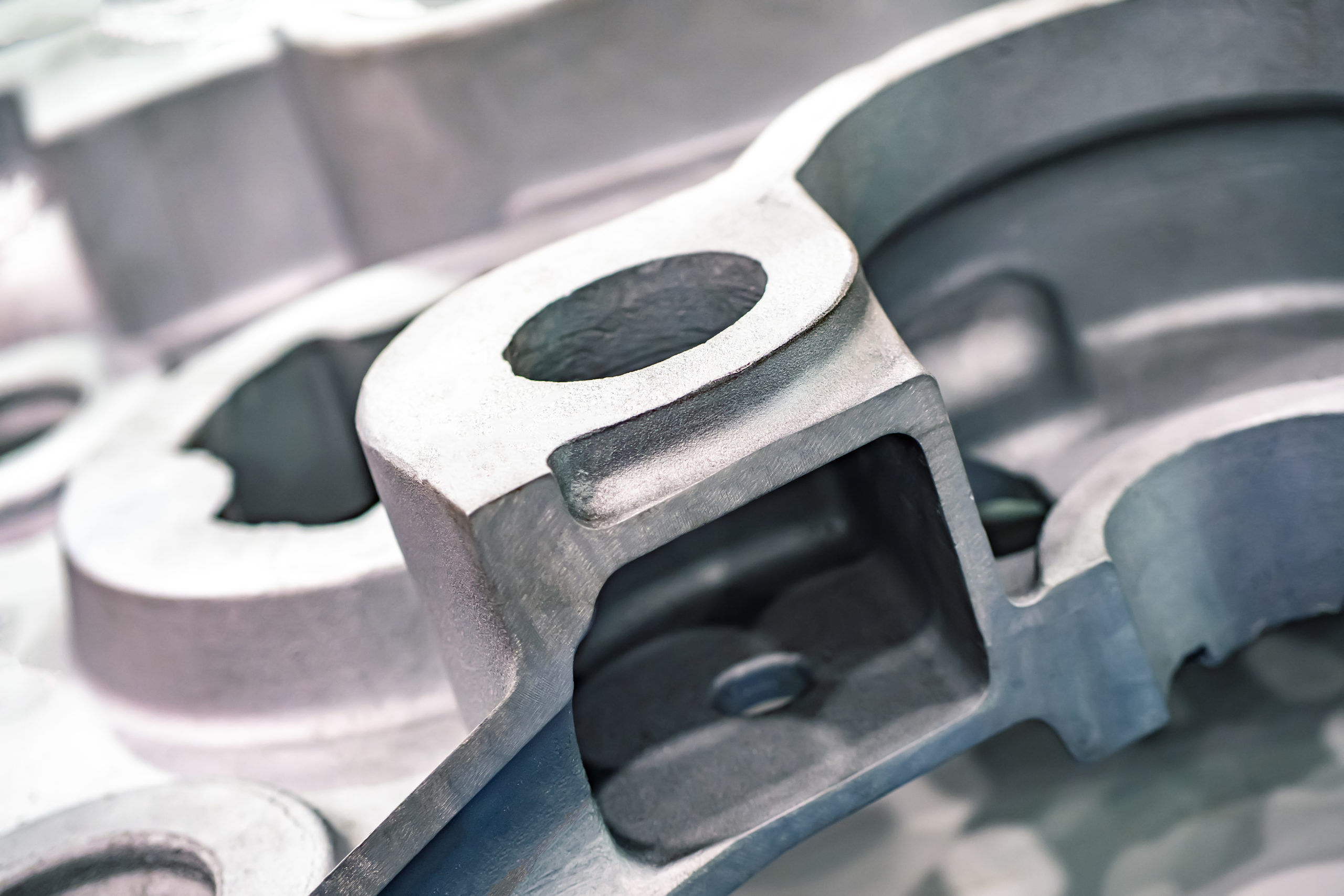Amafond’s President Maurizio Sala speaks about the state of Italy’s Aluminum industry.
Maurizio Sala is the President of Amafond, the Italian Foundry Suppliers’ Association, which brings together suppliers of machines, products and services for foundries. Over the last year (2015–2016) Amafond has organized promotional activities in Germany, Russia, China, Indonesia, Mexico, the USA, Turkey, Brazil and Poland, working to introduce it’s members into new, ever more distant markets.
After China, the Middle East taken as a whole, with its ready supply of oil to fuel it’s smelters, is the up-and-coming producer of aluminum, Sala remarks that primary aluminum will always be produced where there is plenty of cheap energy and this is the reason why Europe is basically excluded. This makes the internationalization of Amafond’s Associates an every more pressing issue and, as Sala points out:
“Over the past 20 years the export turnover of the companies in the industry rose from 50% to 75% of total turnover. Regarding the supply chain, Amafond has developed closer relations with Assofond and Assomet, the principal Italian associations operating in the metallurgy sector.” He also notes that Italian companies were at the forefront of the push for the removal of sanctions on Iran and are hopeful that the European community will finally decide to lift the sanctions on Russia, a country which, because of its strategic importance in the field, was one of the main foreign markets for Italian companies.
Internationalization is not the only aspect of the industry that’s changing, following the banking crisis of 2008, many Italian SME’s have been seeking alternative funding solutions as the national economy has been characterized in recent years by a dynamic of progressive decline in Bank lending, especially for small businesses, accentuating the liquidity problems facilitated by poor domestic demand. Regarding funding alternatives Sala says:
“Companies in our industry, may find interesting solutions in terms of private equity or with the mini-bonds or reinsurance solutions that may serve to strengthen the commercial assets now that they are forced to play on a global stage and find themselves competing with multinational enterprises.” He continues, “In addition to traditional bank lending, we will increasingly focus on access to credit through risk-sharing instruments, and through Italian and international institutions.”
